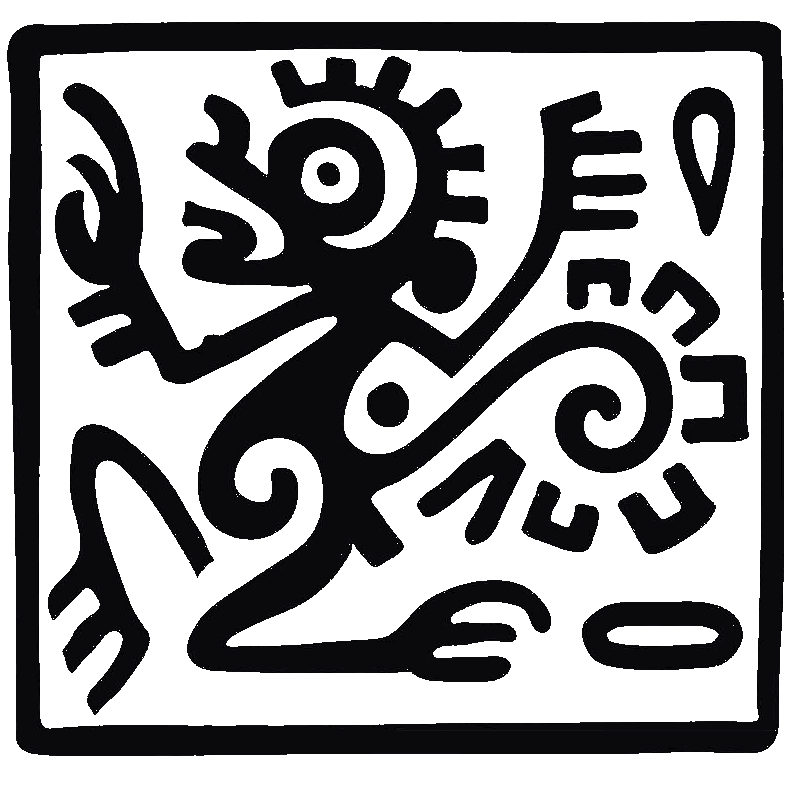Paradoxia epidemica

神経科学者は彼/彼女の身辺より人文学者(人類学者)を退けよ
Paradoxia epidemica

■神経科学者は彼/彼女の身辺より人文学者(人 類学者)を退けよ
「逆説の降格は、逆説が引き起こす扱いにくい解釈の 二重性よりも、明確さと正確さを重視する思想革命の結果だ。『二大世界体系にかんする対話(天文対 話)』でガリレオのシンプリシオは、真理へ導くものとして「もの」よりも「言葉」を好む傾向が持つ危険性について指摘している。いったん科学の原理を否定 し、最も明らかなことにも疑いを投げかけるならば、どんなことでも好きなように証明でき、どんな逆説でも主張できるということをみんな知っている」 (Rosalie Littell Colie, Paradoxia epidemica: the renaissance tradition of paradox. Princeton, N.J: Princeton University Press, p,509, 1966.)
"Degradation of paradox is one result of a revolution in thought which valued clarity and exactness above the tricky duplicities of comprehension induced by paradox. In The Dialogue concerning the Two World Systems, Galileo's Simplicio points to the dangers involved in favoring "words" over "things" as guides to truth: ". . . [O]nce you have denied the principles of the sciences and have cast doubt upon the most evident things, everybody knows that you may prove whatever you will, and maintain any paradox. For Simplicio, then, "paradox" has come to mean only any arbitrary or haphazard odd notion, true or false, unverifiable by experience; preference for "words" over "things" implied, for him, that a good rhetorician was always technically capable of defending "whatever you will," regardless of the truth of the proposition. In these terms, paradox could never be a mode of establishing immutable and transcendent truth."(Colie, Rosalie Littell ,Paradoxia epidemica: the renaissance tradition of paradox. Princeton, N.J: Princeton University Press, p,509, 1966.)
《コメント》 →ただし自然科学者はこのように人文学者の迷言から煩わされることは軽減されるかもしれないが、自分たちが「言葉」を操作し、みずから論理上の逆説に陥っ てしまう将来のより大きな危険性を招いてしまうことを忘れがちだ。
文献
その他の情報
Do not paste, but [re]think this message for all undergraduate students!!!